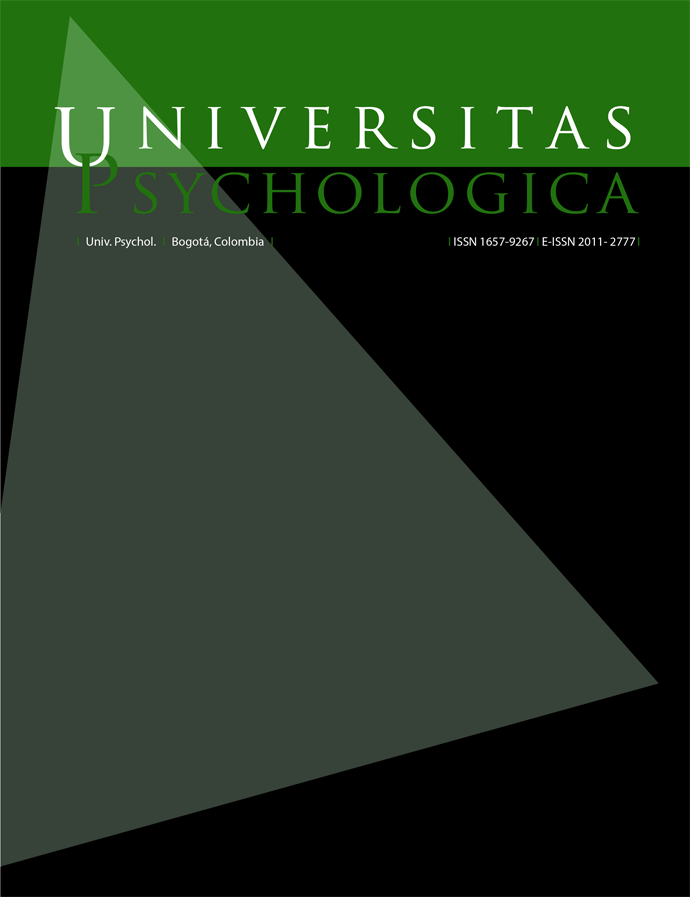Abstract
The experience of children that have parents with serious mental illness (SMI) has been scarcely studied from the perspective that considers the way in which they perceive the strategies they have developed to confront this experience and the effects, both positive and negative, that this has on their lives. This study focuses on these aspects using a qualitative approach. The participants were 10 offspring (6 males and 4 females between the ages of 18 and 29). Individual semi-structured interviews were conducted, as well as a group interview. The results show that the offspring in this study use a large number of coping strategies of which many considered to have helped them develop individual strengths and favor their social adaptation. These findings can contribute to improving interventions and promoting preventive work with children who have parents with SMI.

This work is licensed under a Creative Commons Attribution 4.0 International License.
Copyright (c) 2025 Gabriela Vivanco, Pamela Grandón, Félix Cova


